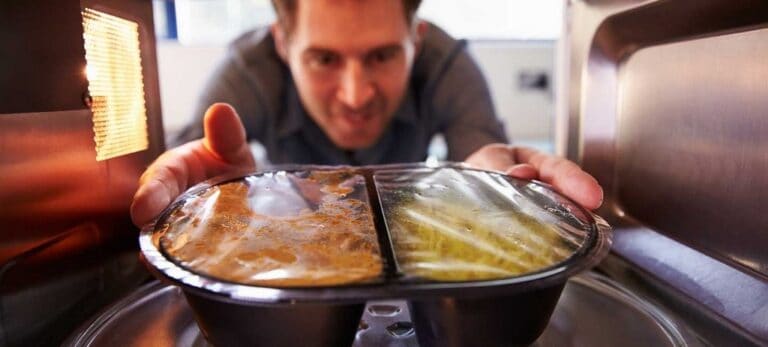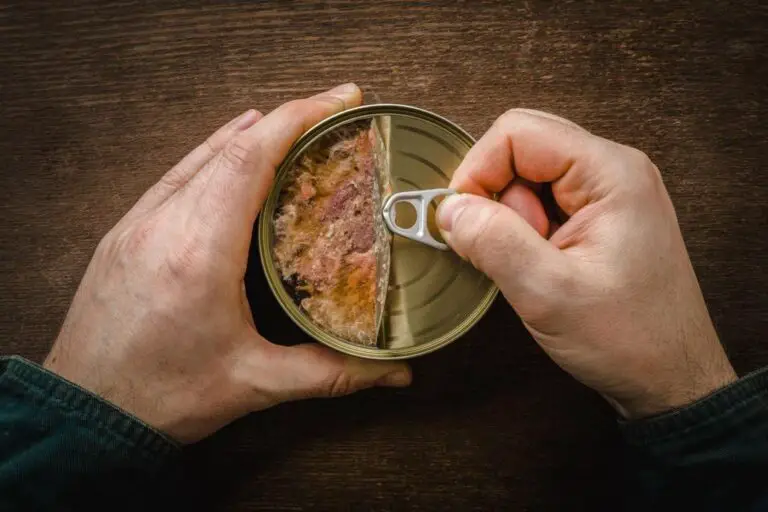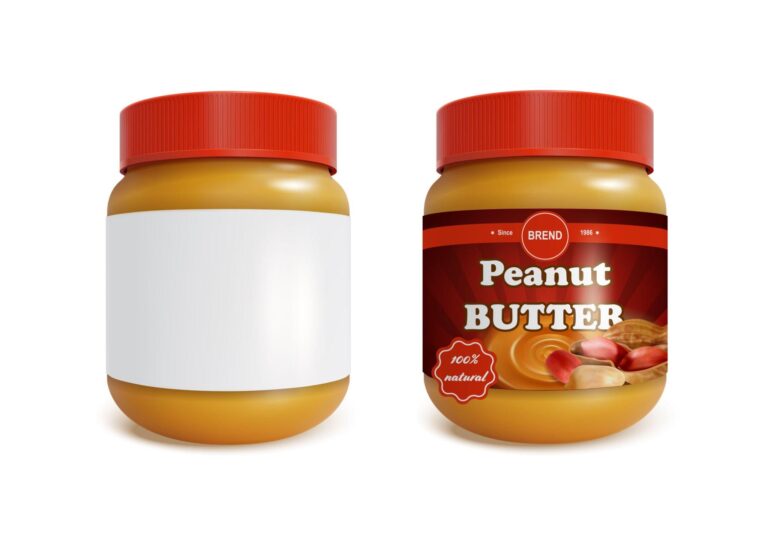Why Does My Stove Smell Like Burning Plastic? Here’s What You Need to Know
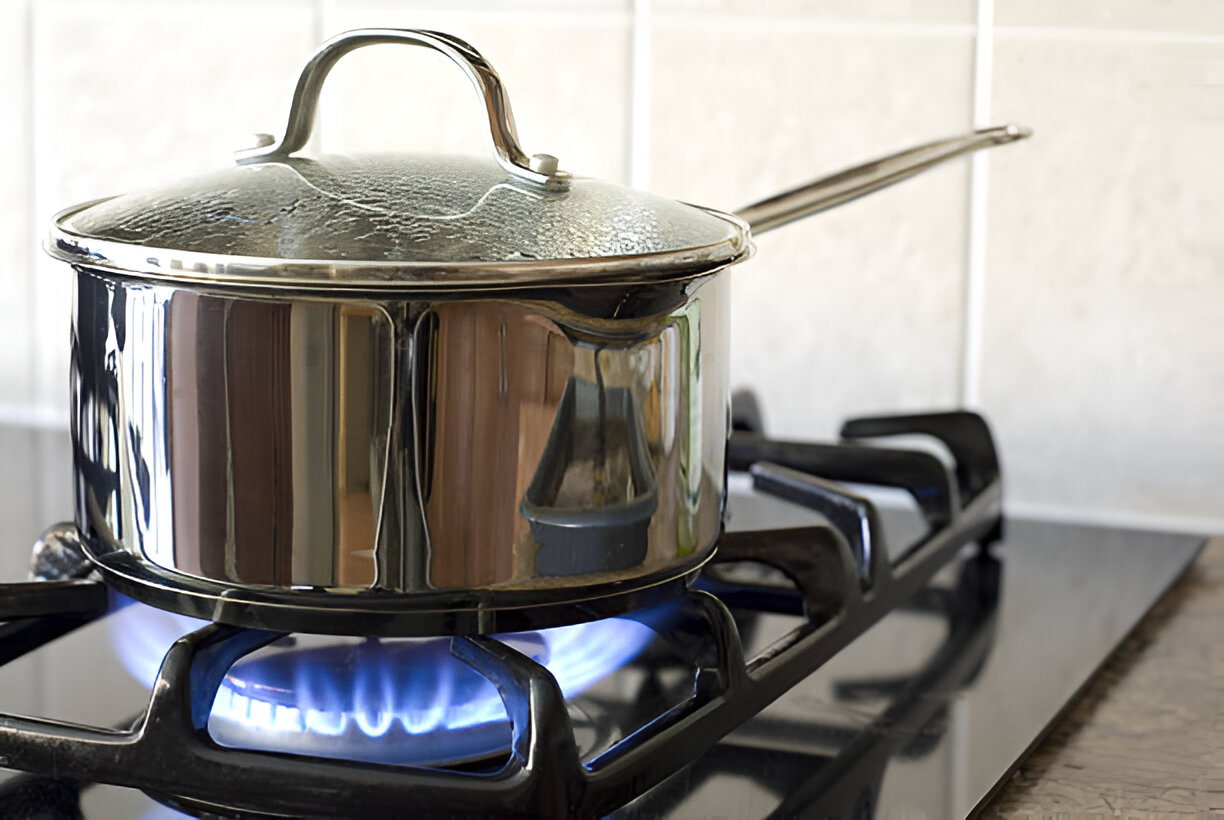
Picture this: you’re getting ready to whip up something delicious, maybe some fresh bread or a batch of cookies. You preheat the stove, and instead of the mouthwatering aroma you expect, there’s this unsettling smell—burning plastic. Talk about a kitchen nightmare, right?
If this sounds all too familiar, don’t panic just yet. The good news is, under certain circumstances, that strange burnt plastic smell can be completely normal. But other times?
It’s a big, fat red flag you shouldn’t ignore. Let’s dive into why your stove smells like burning plastic, what’s okay, and when it’s time to roll up your sleeves and investigate.
1. Did You Leave Cable Ties or Packaging Inside?
You know when you buy something new and it’s wrapped up tighter than a gift on Christmas morning? Your stove is no exception. Manufacturers go all out to make sure those shelves, trays, and parts don’t shift during transport, so they often use zip ties and plastic packaging to hold everything in place.
But here’s where things can get tricky: if you don’t remove all those plastic bits before cranking up your oven for the first time, you’re going to get that unmistakable burnt plastic odor wafting through your kitchen.
What to Do:
- Start by removing everything inside your oven—shelves, drip trays, and any other loose parts.
- Take a good, close look and check for any sneaky plastic zip ties or packaging material.
- If you spot any melted plastic (it happens!), don’t worry. Here’s a little trick: cool the area down with an ice pack (or if you’re like me and always out of ice packs, a bag of frozen peas works just as well). Once the plastic hardens, you can carefully scrape it off with a knife. Just be gentle so you don’t scratch your oven’s surface.
Afterward, clean the area with a bit of dish soap and warm water, or if the smell is really hanging on, you can try wiping it down with coffee grounds or activated charcoal to neutralize the odor. Trust me, these tricks work like a charm.
2. That New Stove Smell (Yes, It’s a Thing)
We all love that new car smell, right? But the “new stove smell”—eh, not so much. If your oven is brand spanking new and you’re smelling burnt plastic during your first cook-off, odds are it’s nothing to worry about.
Most new stoves have a bit of a funky smell the first time they’re fired up. This happens because of the protective oils or insulation materials used during manufacturing. Essentially, the heat is burning off these coatings and causing that plasticky odor.
Here’s How to Handle It:
- First off, don’t cook anything right away. Heat the oven up with nothing inside for about an hour. This will burn off any residue left over from the factory.
- If the smell is really bugging you, give the inside a good wipe down with warm, soapy water mixed with a little lemon juice for extra freshness. Dry it off with a microfiber cloth, and you’ll be ready to go.
This is totally normal, and after the first or second use, the smell will disappear for good. So, no need to stress—your new oven’s just getting a proper “break-in.”
Read: Melted Plastic on Glass Stovetop: How To Remove It Safely?
3. Electrical Wiring: The Smell You Shouldn’t Ignore
Here’s where things get serious. If you’re using an electric stove—especially if it’s an older model—and you catch a whiff of burning plastic, it might be a sign that the electrical wiring is on the fritz.
Electrical wires are insulated with plastic, and if that insulation gets damaged, you’ll smell it burning. Sometimes your stove trips the electrical circuit when you turn it on. Let me tell you, this cannot be ignored or “waited and seen”. Electrical issues can lead to fire hazards or worse—electrocution.
What to Do:
- Unplug your stove immediately if possible, or turn off the power at your circuit breaker. You do not want to risk using it.
- Call a qualified electrician to inspect the wiring before using the stove again. If there’s an issue with the insulation, it needs to be fixed ASAP.
Trust me, this is one of those “better safe than sorry” situations. Don’t take chances with electrical problems.
4. Plastic Left in the Oven (Yes, It Happens)
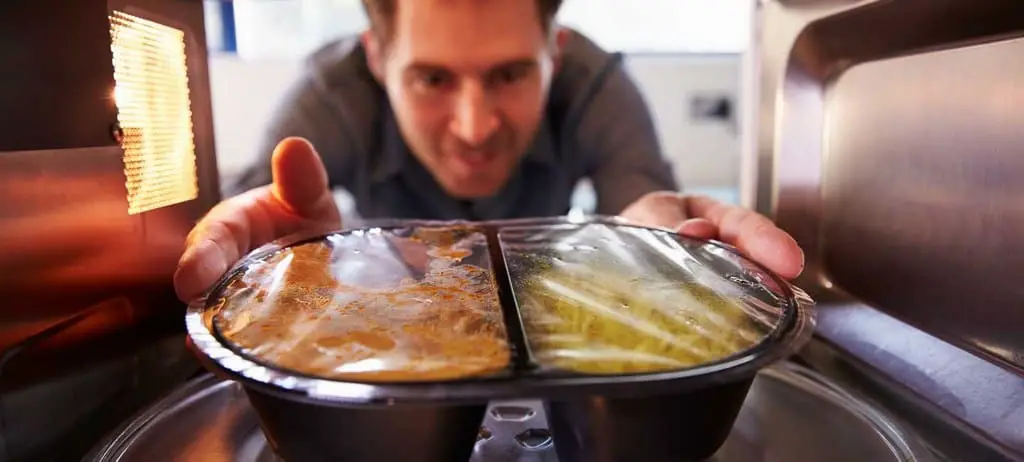
Okay, here’s one we’ve all been guilty of at least once: accidentally leaving a plastic container in the oven. Whether it’s a Tupperware stashed for “safe keeping” or a stray Styrofoam tray, once the heat hits, it’s game over.
The plastic melts into a gooey mess, and the smell? It’s unbearable. But fear not—this situation, while annoying, is totally fixable.
Steps to Fix It:
- Let the oven cool down and grab a flashlight to take a good look inside.
- If you find a melted plastic item, use the same ice pack trick as before to harden it, then gently scrape it away.
- Once you’ve removed all the gunk, wipe down the area with a baking soda solution to eliminate lingering odors. You might also want to run the oven with all your windows open and fans on full blast to air things out.
Next time, though? Let’s remember not to store plastic in there!
5. New Oven Coatings
When you fire up a brand new oven for the first time, it’s not unusual to smell something that resembles burning plastic. This odd smell often comes from the protective coatings and chemicals applied during the manufacturing process. These materials are designed to protect the oven’s internal components during shipping and storage but can release unpleasant odors once they’re exposed to heat.
The good news? This smell is temporary. As you use the oven, these coatings will burn off and the odor will gradually disappear.
Steps to Fix It:
- Usually, after the first two or three uses, you’ll notice the smell fading, leaving your kitchen free from the unpleasant fumes.
- To speed up the process, consider running your oven at a high temperature for about an hour, with no food inside.
- You might also want to keep your kitchen windows open to help ventilate the space. Soon, your new oven will be ready for cooking, without any lingering plastic-like smell!
Preventing Burning Plastic Smells: A Quick Guide
It’s always better to avoid kitchen disasters before they start, so here’s a handy table of things to watch for:
| Problem | Solution |
| Zip ties or packaging left in the oven | Remove all packaging and plastic before first use |
| New oven smell | Heat the oven with no food, and wipe down with warm water and lemon juice |
| Electrical wiring issues | Unplug the stove and call an electrician if you suspect wiring insulation issues |
| Plastic left in the oven | Scrape off with ice packs and clean with a baking soda solution |
| Also read: Melted Plastic on Stove Burner |
In Conclusion: Don’t Ignore That Burning Plastic Smell
When your stove smells like burning plastic, it can make you feel like the kitchen’s turning into a disaster zone. But as you’ve seen, most of the time, it’s something simple and straightforward to fix—whether it’s a bit of leftover packaging or the normal smell of breaking in a new appliance.
But remember: when it comes to electrical wiring, don’t mess around. Get a professional on the case before firing up the stove again. Safety first!
And whatever you do, don’t let that smell linger. Inhaling burnt plastic fumes isn’t just unpleasant—it’s straight-up dangerous for your health. So, roll up your sleeves, figure out the problem, and get your kitchen back to smelling like freshly baked bread and cookies in no time.

